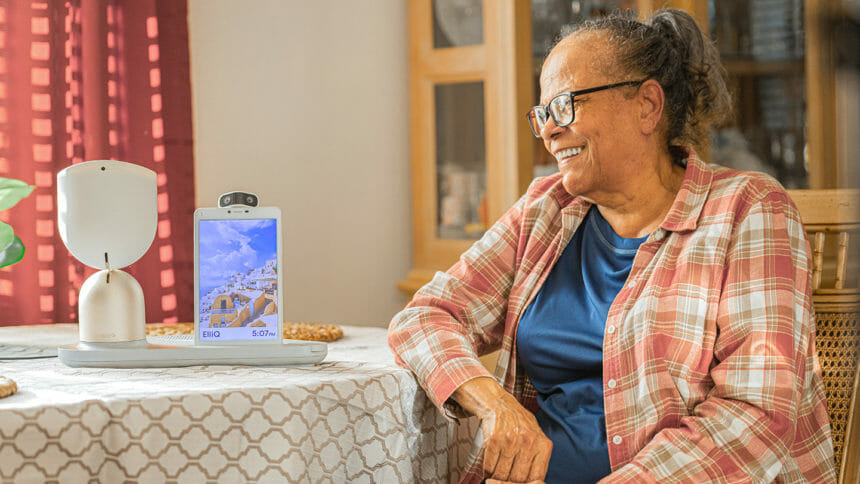
Older adults who receive care at home tend not to get palliative care before they die, according to a new report published today in CMAJ (Canadian Medical Association Journal).
Researchers evaluated data from 247,377 older adults. The people had assessments between 2018 and 2019 using a tool called the Risk Evaluation for Support: Predictions for Elder-life in their Communities Tool (RESPECT). The tool identifies which people needed palliative care, and then predicts the individuals’ risk of dying within six months of the assessment.
Half of the people who were expected to live less than three months received palliative home care. Those who received it had been labeled as terminal. Of the people studied 11.9% died within six months of an assessment.
Among those who died, 50.6% with a RESPECT-estimated median survival of fewer than three months received at least one nonphysician palliative home care visit before death. This proportion declined to 38.7% and 29.5% among people who died who had an estimated median survival between three and six months and between six and 12 months, respectively.
The authors said the tool may help boost recognition of reduced life expectancies and palliative care needs of individuals in their final years of life.
“Prediction algorithms, like RESPECT, can improve how we provide care to frail individuals. They can help clinicians recognize who needs care and when,” Doug Manuel, MD, a family medicine doctor and senior scientist at the Ottawa Hospital Research Institute and one of the study’s coauthors, said in a statement.
People who start palliative care in the months before they die have more positive end-of-life experiences including less anxiety and improved pain and symptom management.
“A substantial proportion of clients likely in their last few months to years of life do not receive any palliative care and continue to be admitted to hospitals and long-term care homes. Most Canadians want to die at home or in a homelike environment, surrounded by their loved ones. When individuals are not supported to die in the community, their end-of-life care experiences may be misaligned with their preferences,” Maya Murmann, a research associate at the Bruyère Research Institute, also said in the statement.
The research comes as an unrelated study published in the Journal of Palliative Medicine found that patients who receive home health are more likely to receive hospice care at the end of life.




